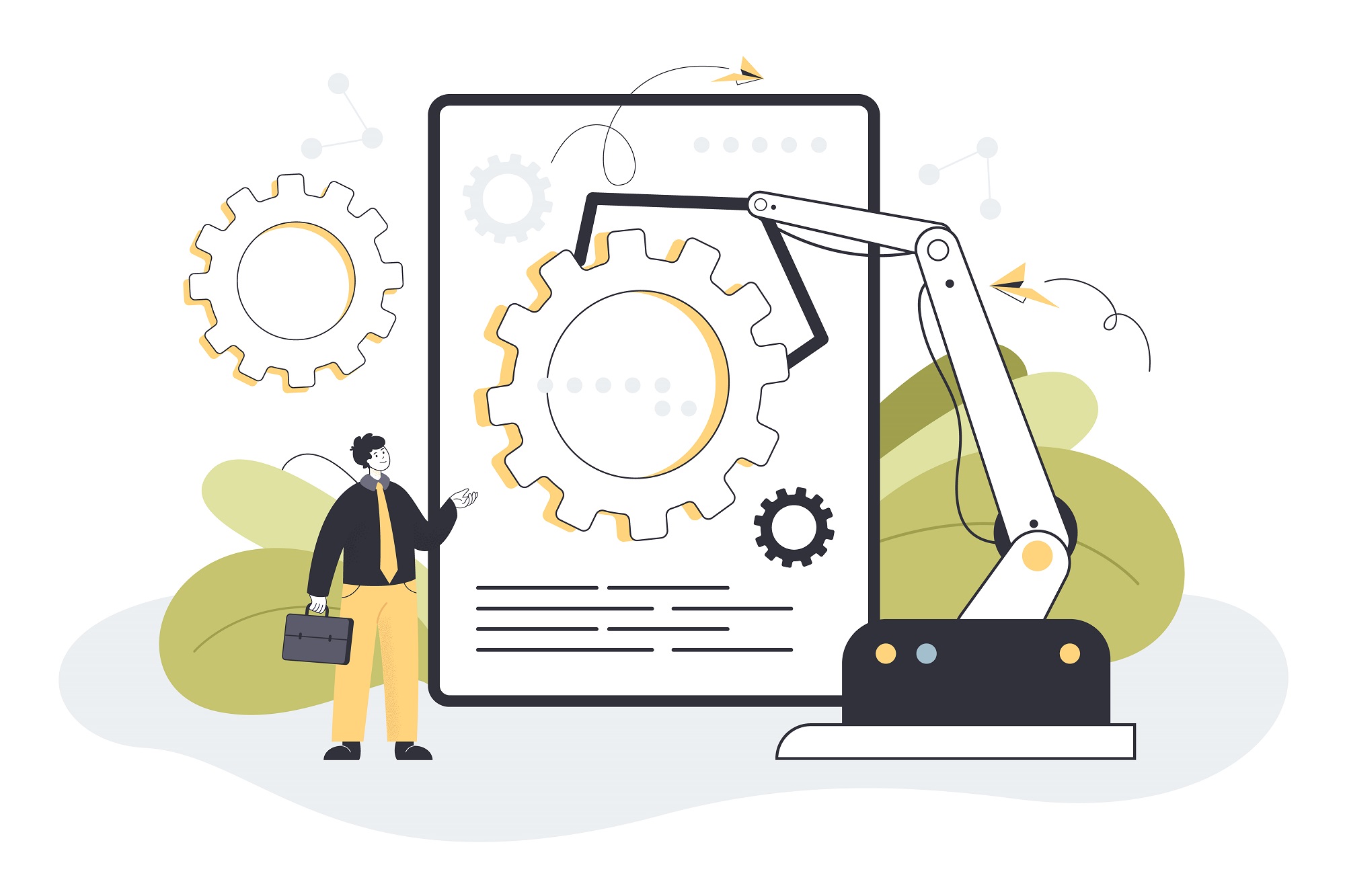With the rapid growth of the Industrial Internet of Things (IIoT), multiple industries constantly produce a vast volume of data. It is unwise to store these raw data locally in the IIoT devices as the end device’s storage is strictly constrained by Self-organization. IoT networks enable the out-sourced data collection to cloud storage irrespective of the resource-constrained nature of the IoT. Is Cloud computing and IoT interrelated? What are the key industrial challenges on technological duo to come to the rescue? Let us check it out in this blog.
Industrial challenges:
IIoT enables smart factories and their manufacturing processes to implement sensors and advanced gateway connectivity thus automating the entire plant process with data-driven approaches. The managers have easy access to huge data for making effective decisions. Moreover, the adoption of technology-oriented solutions resolves traditional issues like technical errors, unplanned downtimes, incomplete reports, reckless resource utilization and excess energy consumption.
The Industrial Internet of Things uses the capabilities of cloud computing to draw relevant data and share it with connected devices thus improving business productivity. Enabling insightful improvisation in loophole areas implies the managers to remain alert ensuring no careless errors. Let us have a deep discussion on how IIoT and Cloud computing acts as the most effective technical duo for the industries.
IIoT and cloud computing:
Cloud computing and Big Data Analytics have become the core level of Industrial IoT. With the use of few apps on your device it has become a trend to connect devices and send the data to the cloud. Many factories accept the pile of IoT and cloud computing to install the advanced versions on their entire system and to enhance their brand presence. IIoT technology provides accurate data extraction and cloud computing offers a secure platform to store data for easy and quick access.
Industrialists can make use of effective data storage with collaborative platforms of IIoT and cloud computing. The centralized server in the cloud has useful resources for easy data access anywhere and anytime. Larger data packages generated by IIoT technology can be stored in cloud computing through the internet. IIoT and cloud computing complement each other while providing better and more advanced services. Implementing IIot and cloud computing enables the industries to work better and to be more responsive towards completing the deliveries on time.
Meeting challenges:
IIoT based cloud services are pocket-friendly and avoid unnecessary maintenance costs. A smart IIoT based solution enables the industries to achieve the following benefits:
Scalability: Improves industries’ operability through scalable features by demanding more resources to run a complex industrial process
Security: Creates a reliable network to keep the collected data safe by understanding business requirements, including the operability of sensitive data
Data mobility: Real-time IIoT projects make use of instant monitoring and connectivity of connected devices on factories with a well-structured system that automatically manages the data
Quick data recovery: While handling huge data in manufacturing industries, there are chances that servers might face technical glitches, and connected IIoT solutions make it easier to recover the data
Conclusion:
Make your industries advanced and more focused to render effective services with combined IIoT and cloud computing by Sterison Technology Private Limited.






